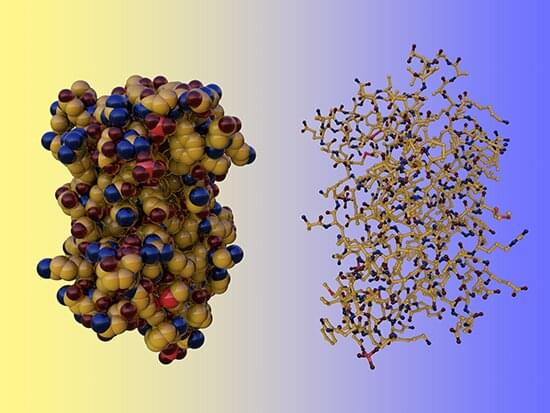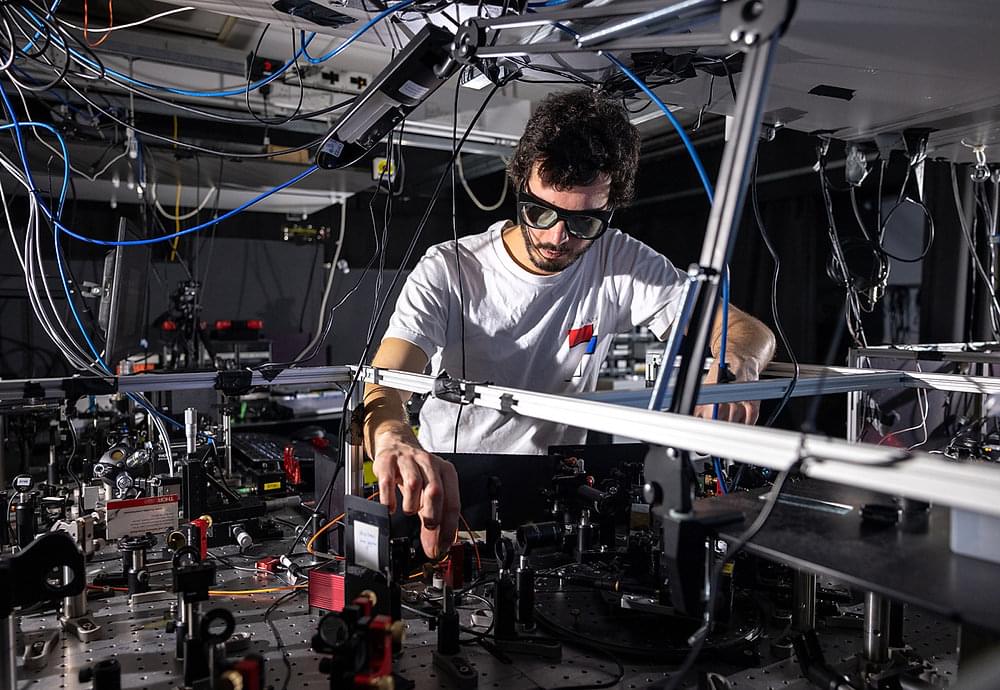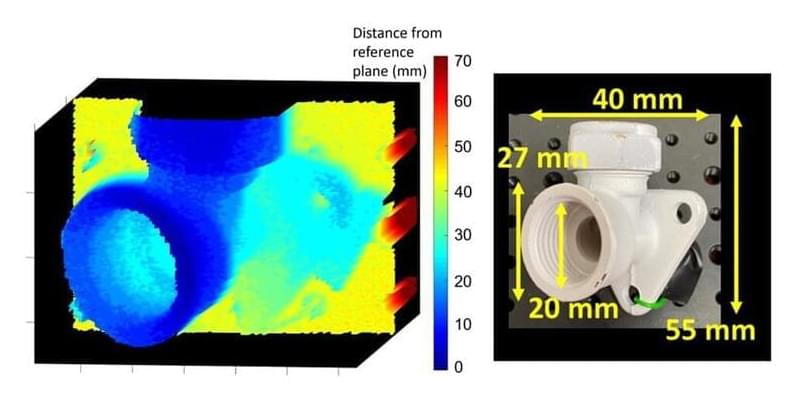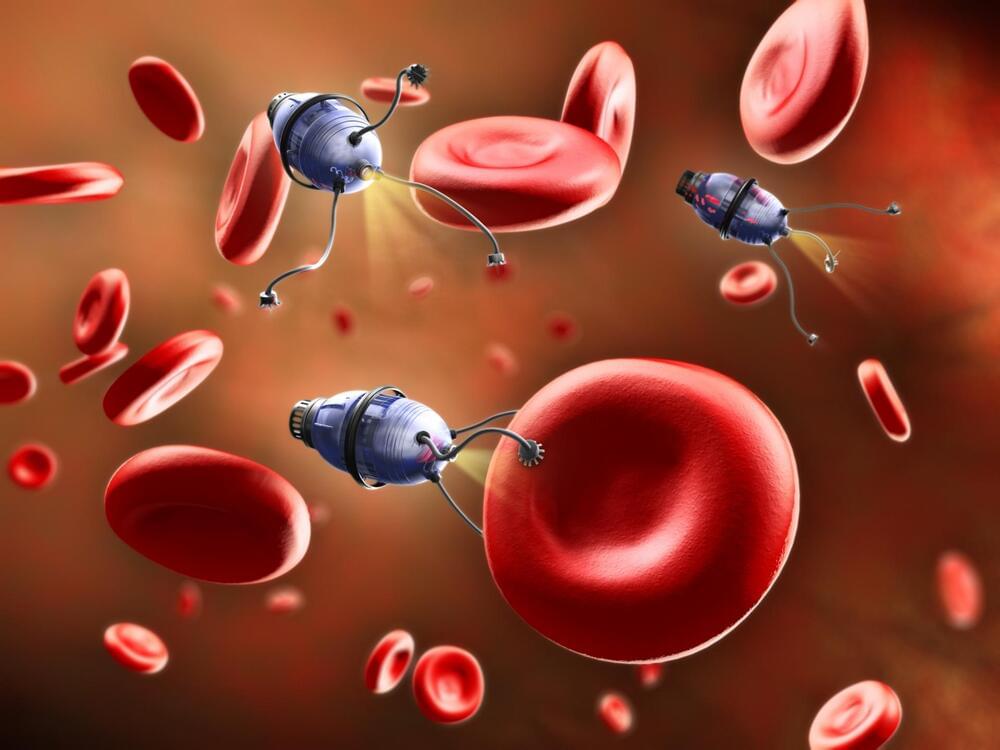May 7, 2023
How interleukin-6 helps prevent allergic asthma and atopy
Posted by Genevieve Klien in category: biotech/medical
The immune system has a biological telecommunications system—small proteins known as interleukins that send signals among the leukocyte white blood cells to control their defense against infections or nascent cancer. Interleukin-6, or IL-6, is one of these key mediators of inflammation, and it can, as needed, provoke the immune system into attack against pathogens.
However, imbalances of IL-6—too much or too little—can cause disease, even in the absence of infection. Excess IL-6 is central to the pathogenesis of inflammatory reactions like rheumatoid disease and cytokine storms, while mutations that interrupt IL-6 signaling are also harmful, causing allergic disorders known as atopy that affect the skin, airways or body, including atopic dermatitis, allergic airway inflammation and hyper-IgE Syndrome, or HIES.
Loss of IL-6 signaling was known to cause an increase in inflammatory T helper 2, or Th2, cells. T helper cells act like generals, ordering other immune cells into action. Now, an unrecognized mechanism of how interrupted IL-6 signaling creates Th2 bias, as well as the specific role of IL-6 signaling in that process, has been described by Beatriz Léon, Ph.D., and colleagues at the University of Alabama at Birmingham. Their study is published in Cellular & Molecular Immunology.


















